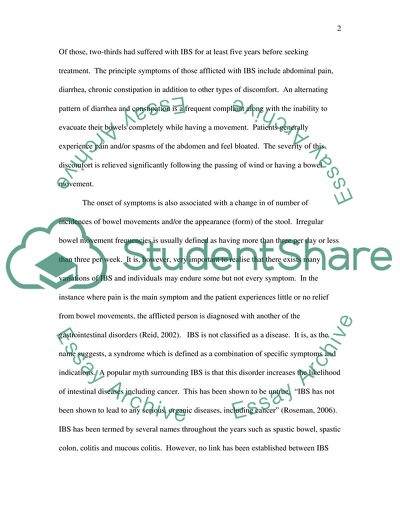Cite this document
(“Irritable Bowel Syndrome Essay Example | Topics and Well Written Essays - 1750 words”, n.d.)
Irritable Bowel Syndrome Essay Example | Topics and Well Written Essays - 1750 words. Retrieved from https://studentshare.org/health-sciences-medicine/1538499-irritable-bowel-syndrome
Irritable Bowel Syndrome Essay Example | Topics and Well Written Essays - 1750 words. Retrieved from https://studentshare.org/health-sciences-medicine/1538499-irritable-bowel-syndrome
(Irritable Bowel Syndrome Essay Example | Topics and Well Written Essays - 1750 Words)
Irritable Bowel Syndrome Essay Example | Topics and Well Written Essays - 1750 Words. https://studentshare.org/health-sciences-medicine/1538499-irritable-bowel-syndrome.
Irritable Bowel Syndrome Essay Example | Topics and Well Written Essays - 1750 Words. https://studentshare.org/health-sciences-medicine/1538499-irritable-bowel-syndrome.
“Irritable Bowel Syndrome Essay Example | Topics and Well Written Essays - 1750 Words”, n.d. https://studentshare.org/health-sciences-medicine/1538499-irritable-bowel-syndrome.


